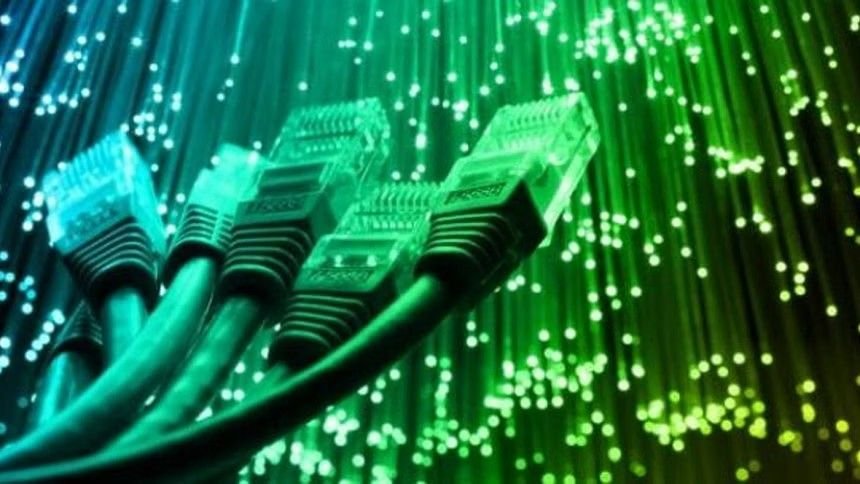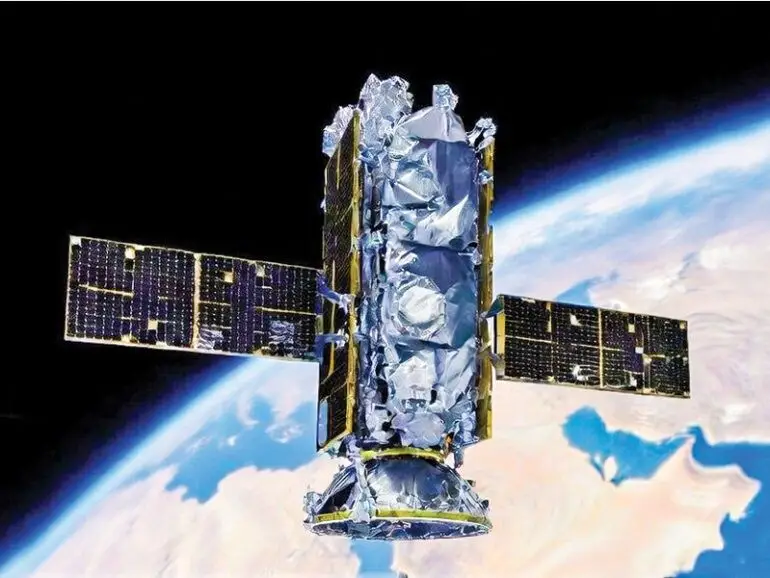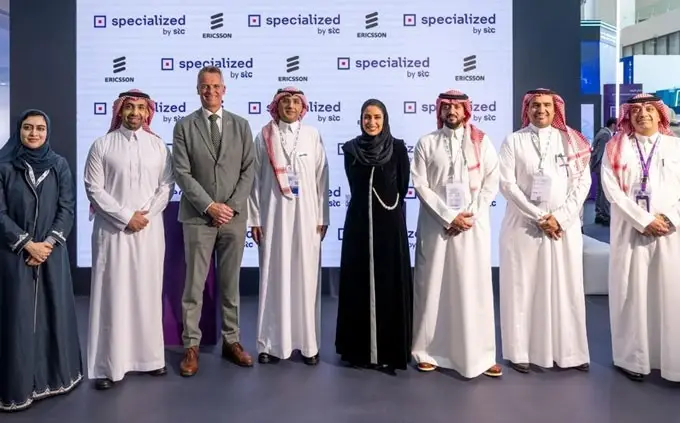The Internet Service Providers Association of Bangladesh (ISPAB) has announced that internet subscribers will now receive 10 Mbps speed for the Tk 500 package, doubling the previous speed of 5 Mbps. The announcement was made by ISPAB President Emdadul Haque during a roundtable discussion titled “Challenges, Opportunities, and Way Forward for Internet Services,” organized by the Telecom and Technology Reporters’ Network at the Bangladesh Telecommunication Regulatory Commission (BTRC) headquarters in Agargaon.
This change is part of the “One Country, One Rate” policy introduced by the BTRC in June 2021, which standardizes pricing across the country. The policy previously included three packages: Tk 500 for 5 Mbps, Tk 800 for 10 Mbps, and Tk 1,200 for 20 Mbps. With the latest amendment, the entry-level Tk 500 package now offers double the speed, providing consumers with greater value.
In December 2024, the BTRC had proposed reducing broadband internet prices by up to 20 percent, but the ISPAB disagreed, stating that customers prioritize quality over price. “Customers want quality of service; price doesn’t matter here. That’s why we have doubled the internet speed,” Haque stated.
Faiz Ahmad Taiyeb, Special Assistant to the Chief Adviser overseeing the Ministry of Posts, Telecommunications, and ICT, warned against attempts to influence policymaking through financial means, emphasizing that such practices harm the industry. He also revealed that several telecom licenses would be scrapped as part of upcoming reforms, with existing businesses continuing under stricter performance-based milestones and KPIs. Additionally, a new telecom act is expected to be introduced soon.
Taiyeb highlighted the need for consistent monitoring of internet service quality, pointing out that while some claim Bangladesh has the cheapest internet in the region, its quality is among the worst. He stated that despite the low prices, the country’s internet service is actually overpriced. He also emphasized that internet shutdowns should no longer be a concern and expressed Bangladesh’s ambition to be ranked among the top 30 countries in global digital indices within two years.
BTRC Chairman Major General (Retd) Md Emdad Ul Bari echoed Taiyeb’s concerns about the manipulation of the International Long Distance Telecommunications Services (ILDTS) policy, which was initially designed to ensure accountability and curb illegal VoIP operations. Bari criticized the political interference that has led to unnecessary licensing, and he noted that small businesses may no longer need licenses but will instead undergo a registration process to open up the market.















